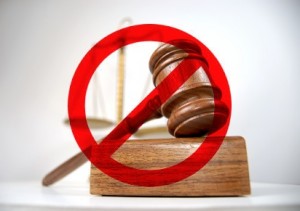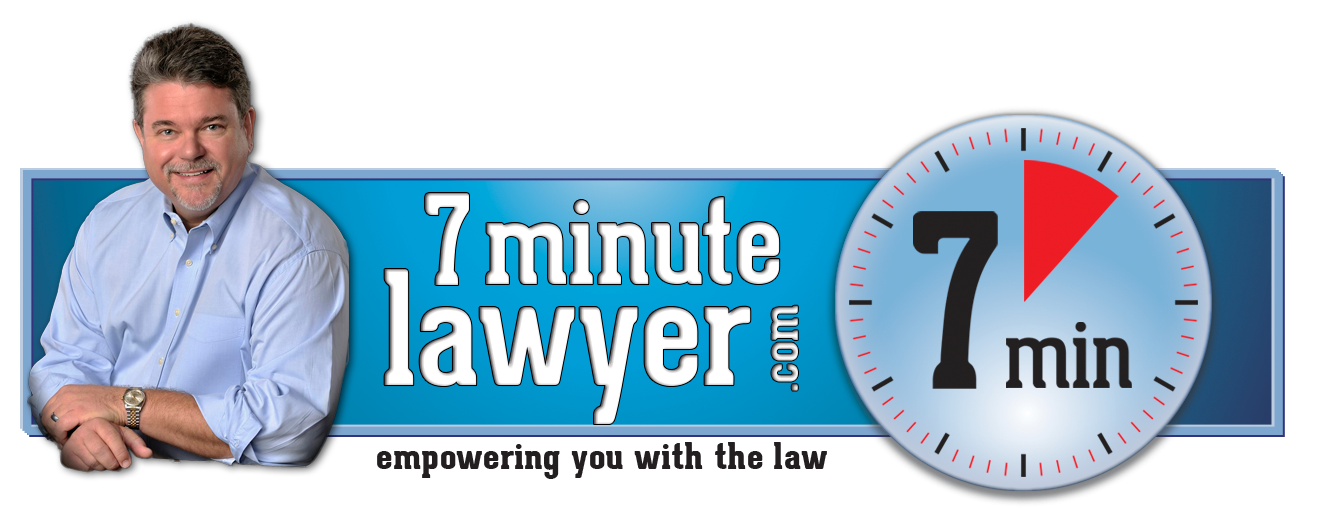In my last post, I said that in order to avoid probate, the decedent could not own any assets in his or her personal name. In terms of avoiding probate, it is helpful to think in terms of non-probate assets and probate assets. 
“Non-Probate” Assets. These are assets that, by definition, do not go to probate because they automatically transfer to the intended beneficiary or successor owner on death. Common examples include life insurance policies, annuities, IRAs, pensions, and the like. The decedent names one or more beneficiaries while living, and on death, the company simply transfers the asset to the beneficiaries upon receipt of a death certificate. Another common type of non-probate asset is property or accounts that are owned jointly, in such a way that on death, the joint owner takes title to the asset by operation of law, without a court order or process. Examples would include bank accounts or real property owned as joint tenants with right of survivorship; or as “husband and wife,” which in the law we call tenancy by the entireties.
“Probate” Assets. These are assets that, unless the decedent does something while living to deal with their disposition on death, will otherwise be required to go through probate. Examples would include a single person’s residence (including a widow after her husband’s death), or a bank account or investment account only in the decedent’s name. There are strategies to make such probate assets “non-probate.” For example, the single owner of real estate may execute and record what is called an Enhanced Life Estate Deed, also known as a “Lady Bird” Deed (named after “Lady Bird” Johnson). Someone who has a bank account or investment account in her own name can sign a “transfer on death” document with the institution, which will cause the funds to transfer to the named recipients on death without probate.
So with careful planning, one can avoid probate by evaluating all of one’s assets and making sure that upon death, there will be no “probate” assets by following certain strategies as outlined above. However, one of the most common techniques for avoiding probate is the Revocable Living Trust (“RLT”). Although certainly not appropriate for every situation, the RLT can be a good tool for avoiding probate, and it can have other advantages as well.
With the RLT, the person planning his or her estate first creates the trust, then funds the trust with what would have been probate assets. Title to these assets is changed from the planner’s individual name to the trust. So, for example, if Jennifer Jones owned a vacation house in her personal name, she would sign and record a deed transferring the house from her personal name to “Jennifer Jones as Trustee of the Jennifer Jones Trust.” This is a simple example, and those who are wanting to avoid probate should carefully plan with an experienced estate planning attorney.
PODCAST EPISODE:



